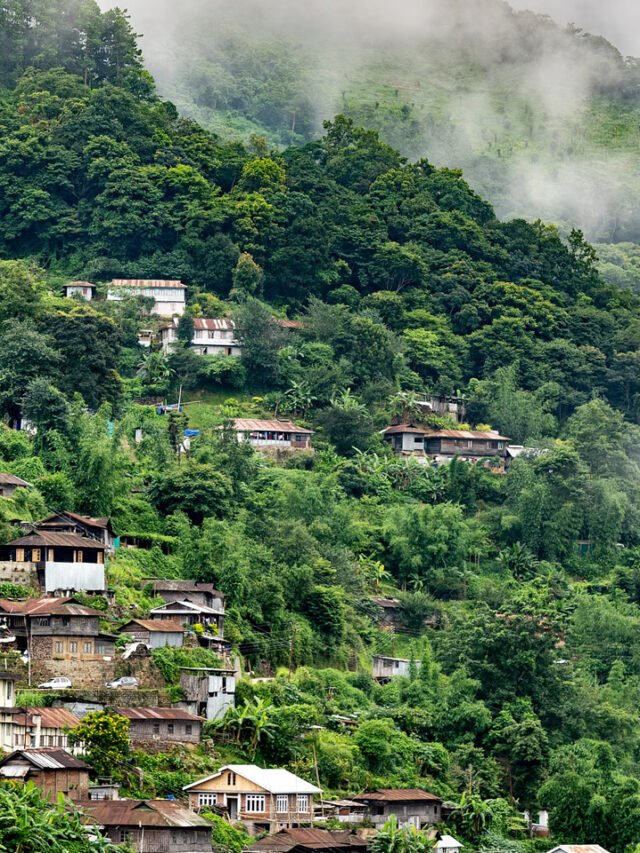LIMA, Dec 8 (AP): In just three tumultuous hours, President Pedro Castillo went from decreeing the dissolution of Peru’s Congress to being replaced by his vice president, but the threats against his government had been building throughout his nearly 17-month presidency.
The former school teacher and center-left political novice, who won a runoff election in June 2021 by just 44,000 votes, stepped onto a no-holds-barred political battlefield in Peru, the South American country now on its sixth president in six years. By nightfall Wednesday, after a day of high political drama, prosecutors had announced Castillo was under arrest, facing charges of rebellion.
From the start, Castillo’s presidency seemed destined to be short-lived, said Flavia Freidenberg, a political scientist at the National Autonomous University of Mexico and a member of the university’s Latin America Political Reform Observatory.
“He is a president who took office with a very low level of support, he didn’t have a political party, he had a hard time putting together a Cabinet, the Cabinet has changed constantly and there has been a constant power struggle with Congress,” she said.
Castillo, a rural school teacher from an impoverished district high in the Andes, was considered a clear underdog when he joined the race to replace President Francisco Sagasti, who had been appointed by Congress in November 2020. Sagasti was the last of three heads of state Peru cycled through in one week that November.
Castillo campaigned on promises to nationalize Peru’s key mining industry and rewrite the constitution, gaining support in rural Peru. But upon taking office in July 2021, Castillo immediately struggled with his Cabinet choices, a number of whom have been accused of wrongdoing.
“He didn’t unify the country,” said Eric Farnsworth, vice president of the Council of the Americas. “He doesn’t even seem to make much of an effort along those lines.”
“He didn’t have much of a mandate, and so he did not promote policies somehow that were easily identifiable as for the good of the majority of the people,” Farnsworth said. “Instead, he became embroiled in intrigues, corruption and battles with Congress.”
The first attempt to impeach Castillo came last December At the time; a relatively small group of opposition lawmakers cited an investigation by prosecutors into illicit financing of the governing party. To remove the president requires two-thirds of the 130 lawmakers to vote in favor. Only 46 voted in favour.
Congress tried to impeach Castillo again in March for “permanent moral incapacity,” a term incorporated into Peruvian constitutional law that experts say lacks an objective definition and that Congress has used more than a half dozen times since 2017 to try to remove presidents. The effort failed, this time with only 55 votes in favor.
Each time, Castillo defended himself, arguing he had done nothing wrong.
“I salute that common sense, responsibility and democracy prevailed,” Castillo tweeted after the second attempt.
He benefited from the fact that the unicameral Congress was deeply divided. Castillo’s party had the most seats, but with only 37, it alone could not protect him.
On Wednesday, Peru was girding itself for a third impeachment vote. Perhaps Castillo feared this time there would be enough votes to oust him.
The night before, the president said in an unusual midnight address on state television ahead of the vote that a certain sector of Congress had it out for him and that he was paying for mistakes made due to inexperience.
Shortly before noon Wednesday, Castillo went on state television and announced the dissolution of Congress. He said elections would be held to choose new lawmakers and a new constitution would be written.
Various members of his Cabinet resigned immediately. Vice President Dina Boluarte said via Twitter that the move only contributed to Peru’s political crisis. The Supreme Court, Constitutional Tribunal and national ombudsman rejected it as an attempted coup.












